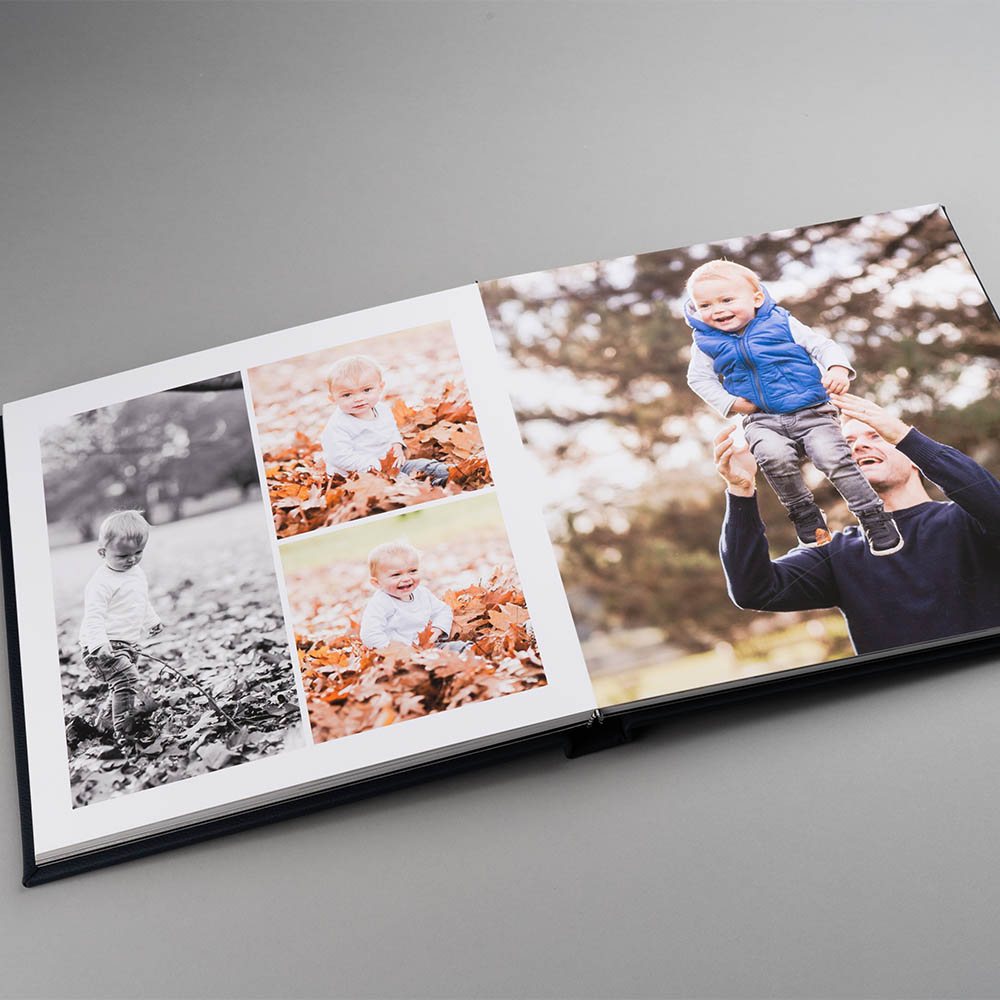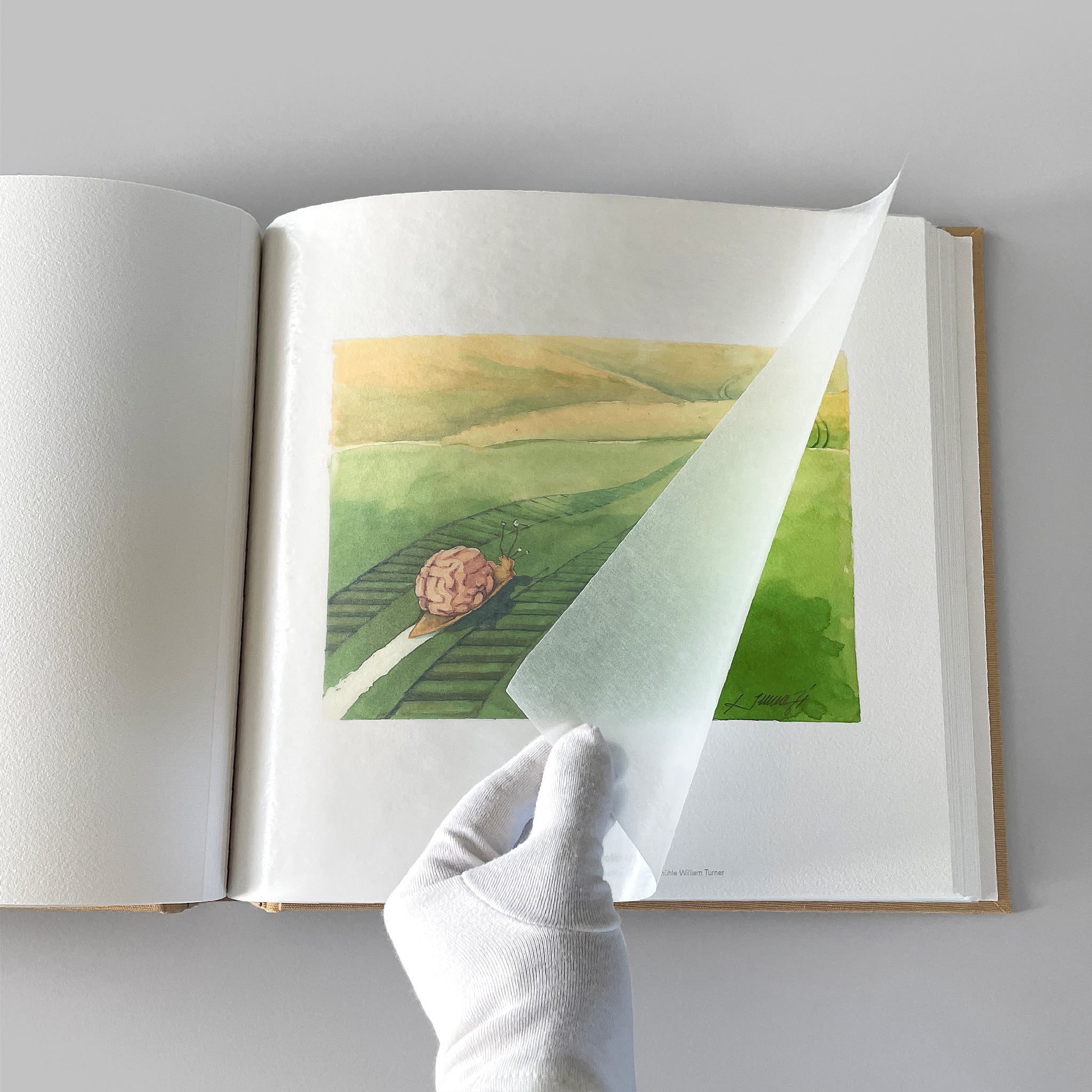Matte or Gloss: Choosing the Best Paper for Your art book
Matte or Gloss: Choosing the Best Paper for Your art book
Blog Article
Unveiling the Tricks of Effective Art Book Printing Techniques for Creative Professionals
When it pertains to developing an art book, every information matters. You require to assume concerning paper option, binding alternatives, and shade precision. It's not simply regarding visuals; it's concerning how your work resonates with the audience. The choices you make can raise your project or diminish it. So, what are the crucial strategies that can guarantee your art book attracts attention in a congested market? Let's explore these important aspects further.
Recognizing the Importance of Paper Choice
When it involves art book printing, paper choice is vital for attaining the wanted aesthetic effect. The kind of paper you choose can significantly impact how colors appear, structures really feel, and just how your art work resonates with visitors. You'll wish to examine elements like weight, coating, and brightness. Much heavier documents can supply a glamorous feel, while lighter ones may improve mobility.
A shiny surface can make colors pop, while a matte surface may lend a more controlled, creative vibe. Additionally, don't ignore the value of acid-free paper to guarantee durability and protect against yellowing gradually.
Test examples prior to finalizing your option; this'll help you see exactly how your art connects with various documents. Eventually, the ideal paper can elevate your art book from average to phenomenal, making a lasting perception on your audience.
Exploring Binding Options for Art Books
As you immerse yourself on the planet of art book printing, discovering binding options is necessary for bringing your vision to life. The choice of binding impacts not only the aesthetic appeals but also the functionality of your book. For a smooth and contemporary appearance, consider ideal binding, which permits for a flat spinal column and simple readability. If you desire an even more responsive experience, try saddle stitching, which is fantastic for thinner books and maintains prices down.
If your book includes special components, like fold-outs or blended media, lay-flat binding could be your best bet, enabling pages to open up totally without losing content. Choose intelligently, and your binding will certainly improve the overall influence of your art book.
Mastering Shade Precision in Publish

When preparing your files, convert pictures to the CMYK color mode, as this is what printers make use of. Bear in mind color areas; Adobe RGB uses a bigger range than sRGB, however it's essential to transform to CMYK before publishing to stay clear of shocks.
Test prints are indispensable; they allow you see how shades equate to paper. Make modifications based upon these proofs. Lastly, connect with your printer concerning your shade assumptions-- partnership can bring about sensational outcomes. With focus to information, you can accomplish dynamic, true-to-life shades in your art book.
Guaranteeing High Image Resolution for High Quality
To ensure your art book captures the sensational information of your pictures, high photo resolution is crucial. Go for a minimum of 300 DPI (dots per inch) for excellent high quality. This ensures that every detail in your art work shows up crisp and lively, enabling your visitors to appreciate the subtleties of your creative thinking.
When preparing your photos, constantly begin with the highest resolution possible. If you're scanning artwork, use a top notch scanner and pick the suitable settings. If you're making use of electronic documents, see to it they're conserved in layouts like TIFF or PNG, which preserve image quality better than JPEGs.
Additionally, take into consideration the last dimension of your pictures in print. A picture that looks terrific on your screen might not convert well to publish if it's also tiny. By concentrating on high photo resolution, you'll create a professional art book that showcases your job in the very best light.
The Role of Design and Layout in Art Books
While crafting an art book, the design and layout play a vital function in improving the aesthetic experience. You want your target market to engage with your job, and a thoughtful layout can direct their journey via the web pages. Think about the equilibrium between text and pictures; way too much message can bewilder, while too little could leave your message unclear.
Use whitespace efficiently to give your art work breathing area, permitting each piece to shine. Consider the flow of the web pages-- how each photo connects with the next. This can develop a narrative that pulls readers in and keeps them astounded.
Don't neglect typography! Picking the appropriate typefaces can complement your artwork and reinforce your design. Make certain your design lines up with the general style of your book, producing a cohesive experience. With mindful attention to layout and design, your art book can come to be a magnificent visual story that reverberates with your audience.
Picking the Right Printing Technique
The right printing method can considerably impact how your art book is regarded and experienced. You'll intend to review aspects like the sort of paper, color fidelity, and binding alternatives. Digital printing is excellent for short runs, providing quick turnaround times and dynamic colors that bring your art work to life. If you're going for a bigger volume, balance out printing could be your finest bet, supplying superior top quality and more affordable prices each.

Budgeting for Art Book Production
Budgeting for art book manufacturing is essential, and obtaining a clear picture of your costs can conserve you from unanticipated prices in the future. Begin by defining your budget, thinking about all aspects like style, printing, and distribution. Research printing alternatives to discover one that fits your quality and quantity requirements without breaking the bank.
Do not fail to remember to consist of expenses for products, such as paper and ink, as well as any added functions like embossing or specialty coatings. Factor in layout costs, whether you're doing my blog it on your own or working with a professional. Also, make up marketing and promotion, as they're vital for reaching your audience.

Often Asked Inquiries
What Are the very best Printers for Art Book Projects?
When selecting printers for your art book tasks, think about premium inkjet designs like Canon or Epson. They supply dynamic colors and sharp details, guaranteeing your artwork stands apart beautifully on every page.
How Do I Prepare My Declare Printing?
To prepare your files for printing, warranty you've set the proper resolution, shade setting, and documents format (art book). Do not neglect to consist of bleed and crop marks, so your artwork prints flawlessly with no unwanted boundaries
What Is the Typical Turnaround Time for Art Book Printing?
The standard turn-around time for art book printing varies, yet you can usually expect it to take between 2 to 4 weeks. Factors like intricacy and quantity can influence this timeline, so plan as necessary.
Can I Print Art Books in Small Quantities?
Yes, you can print art publications in little quantities. Lots of printing solutions provide short-run alternatives, enabling you to create minimal editions without high upfront costs. This adaptability aids showcase your job while managing budget plan restrictions successfully.
What Prevail Blunders to Avoid in Art Book Printing?
When publishing art books, prevent typical mistakes like poor documents resolution, forgeting shade calibration, and neglecting to check. right here Do not underestimate the relevance of selecting the ideal paper and binding techniques for your task.
Report this page